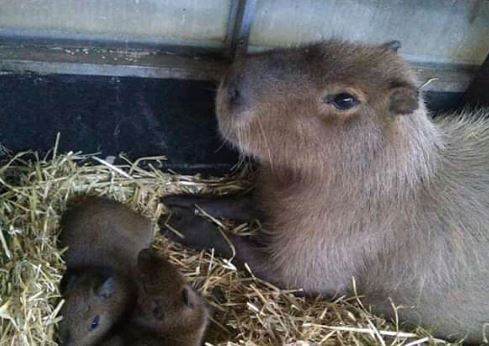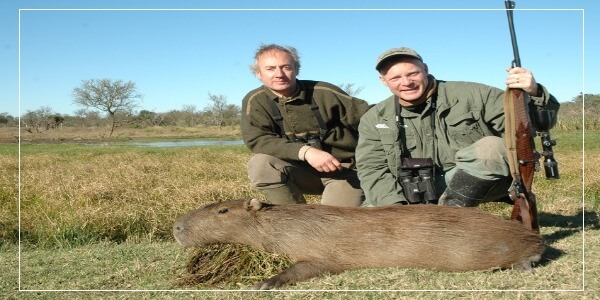Capybaras are interesting animals to keep as pets. These fascinating creatures, often called giant rodents, possess unique qualities that make them appealing companions. They are highly sociable and adapt easily to changing environments. However, before owning a pet capybara, you must know that several legal considerations and requirements are associated with their ownership in states such as Florida.
While some states frown against it, others have laws that guide the entire ownership process. We will discuss the legality and requirements of owning a pet capybara in Florida. We will also discuss the housing requirements, nutrition, and risks associated with the process.
First, you must know that you can legally own a pet capybara in Florida. The city allows private capybara ownership with certain conditions, such as obtaining a Class III wildlife permit or a personal pet permit. These permits have specific requirements regarding the enclosure size, provision of appropriate care and nutrition, and other factors that ensure the capybara’s well-being.
You should consult with the Florida Fish and Wildlife Conservation Commission (FWC) or local authorities to understand the exact permit requirements and any additional regulations Without a license, owning a pet capybara in this city is illegal.
Housing and Enclosure Requirements for Capybaras in Florida?
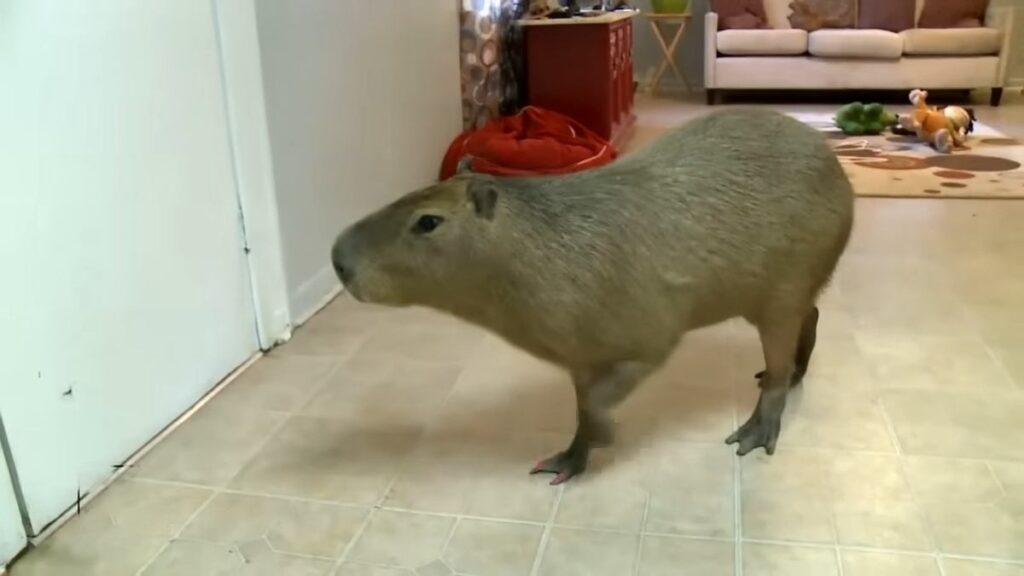
In Florida, housing and enclosure requirements for capybaras are regulated by the Florida Fish and Wildlife Conservation Commission (FWC). These requirements ensure the well-being and safety of the capybara as well as minimize potential risks to the public and native wildlife. Here are some general guidelines for housing and enclosures:
- Size and Space: Capybaras require ample space to move around and engage in natural behaviors. The FWC recommends a minimum enclosure size of at least 400 square feet for one capybara, with additional space for each additional capybara.
- Fencing and Containment: The enclosure should be securely fenced to prevent escape and unauthorized entry. Fencing should be 4 feet high, made of sturdy materials, and buried in the ground to deter digging. You can use fencing materials such as chain-link or welded wire. It is imperative to ensure that there are no gaps or openings in the fencing that capybaras can squeeze through.
- Water Access: Capybaras are semi-aquatic animals and need access to water for swimming and drinking. The enclosure should include a pool or pond of appropriate size and depth for capybaras to swim and immerse themselves comfortably. The water area should be large enough for capybaras to fully submerge themselves and engage in natural swimming behaviors.
- Shelter: The enclosure should provide a sheltered area or structure where capybaras can seek shade, rest, and protect themselves from extreme weather conditions. Vegetation or artificial structures can create shaded areas within the enclosure.
- Enrichment and Natural Features: You should provide environmental enrichment in the enclosure, such as hiding spots, climbing structures, and vegetation. These features mimic the capybara’s natural habitat and promote mental stimulation and physical exercise.
What Do Capybaras Eat, and How Do I Ensure Their Proper Nutrition?
Capybaras are herbivorous animals, and their diet mostly comprises plants. To ensure proper nutrition, you must provide a balanced and varied diet that meets their needs. Here are some key points to consider.
- Hay and Grass: The foundation of a capybara’s diet should be high-quality hay, such as Timothy hay or orchard grass. Fresh grass is also an alternative, but make sure it is free of pesticides or chemicals.
- Vegetables: Capybaras enjoy a variety of vegetables, including leafy greens like kale, romaine lettuce, spinach, and dandelion greens. Other vegetables like carrots, bell peppers, zucchini, and cucumbers should also be included. Offer a mix of different vegetables to provide dietary variety. These vegetables should be offered in moderation and provided once or twice daily.
- Fruits: While fruits should be given in moderation due to their sugar content, capybaras enjoy occasional treats like apples, watermelons, strawberries, and bananas. Removing seeds or pits and washing the fruits thoroughly before offering them to a capybara is critical.
- Pellets: Cable capybara pellets should be offered as supplemental food sources. Choose high-quality pellets specifically formulated for capybaras, and ensure they are fresh and within the expiration date.
- Vitamin C: Capybaras, like humans, cannot produce vitamin C. Therefore, they must be provided with vitamin C-rich foods, such as bell peppers, oranges, and other citrus fruits, to meet their dietary requirements.
- Freshwater: Access to clean, fresh water should always be provided. Capybaras also enjoy soaking in the water, so providing a shallow pool or water feature in their enclosure is beneficial.
Do Capybaras Eat Water Lilies?
Do Capybaras Eat Their Own Babies? – [Answered]
Unique Names To Call Your Capybara – [100 Examples]
Risks and Responsibilities of Capybaras as a Pet
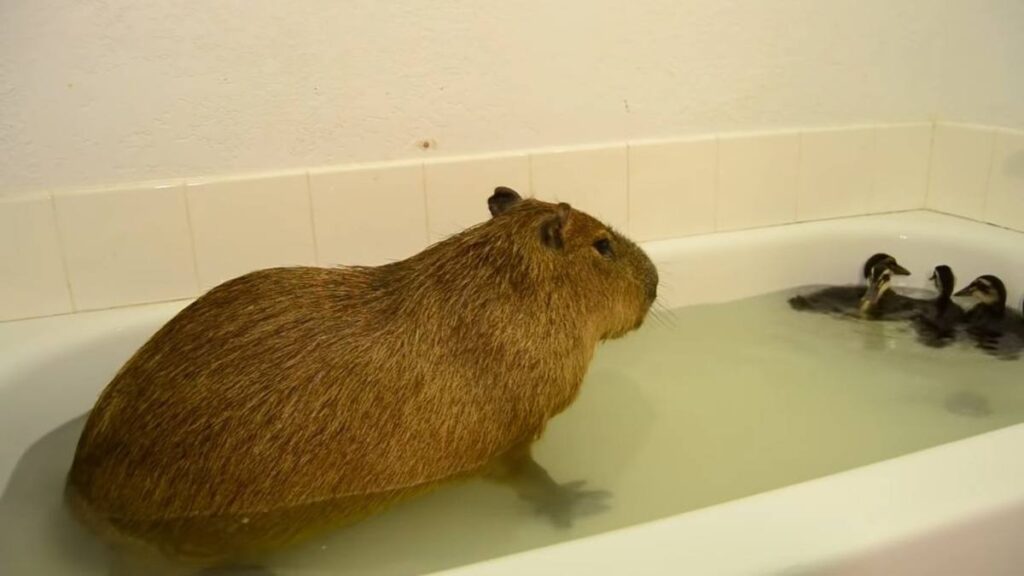
Owning a capybara as a pet comes with certain risks and responsibilities that you should consider. Here are some below.
- Behavioral Traits and Temperament: Capybaras are social animals and thrive in their own company. Having at least two capybaras together is recommended to meet their social needs. They are known for their gentle nature and sociable behavior, but individual temperaments vary. Capybaras require ample space to roam and access to water for swimming, which is essential for their well-being. It’s a must to provide them with proper socialization and enrichment to prevent boredom and behavioral issues.
- Health Issues and Veterinary Care: Capybaras can be susceptible to certain health issues such as obesity, dental problems, skin conditions, and parasites. Regular veterinary check-ups are essential to monitor their overall health and address potential concerns. Finding a veterinarian experienced in exotic animal care is crucial to ensure proper medical attention and advice.
- Legal Liabilities and Responsibilities: Each jurisdiction has specific regulations and laws regarding capybara ownership. You must research and understand local laws, permits, and licensing requirements before acquiring a capybara as a pet. Some areas prohibit owning capybaras, while others have strict regulations in place. Failure to comply with these laws can result in legal consequences and potential harm to the animal.
- Responsible Ownership: Owning a capybara requires significant time, resources, and expertise. They have specific dietary, housing, and environmental needs that must be met to ensure their well-being. Capybaras can live up to 10-12 years in captivity, so it is wise to be prepared for a long-term commitment. Responsible ownership includes providing suitable enclosure, proper nutrition, veterinary care, social interaction, and mental stimulation.
- Potential Risks: While capybaras are generally gentle, they are still large, powerful animals with specific care requirements. They can unintentionally hurt or damage due to size and strength. It is crucial to take precautions to ensure the safety of the capybara and those around them. This may involve proper fencing, secure enclosures, and responsible handling practices.
- Allergies and Zoonotic Diseases: you must note that capybaras can potentially transmit zoonotic diseases to humans. Regular hand hygiene and proper health protocols are essential to minimize disease transmission risk. Additionally, some individuals may have allergies to capybaras or their dander, so you must consider any potential allergies within the household.
Can You Own a Capybara in Pennsylvania?
How To Get A Capybara In China [Steps By Steps]
How Long Do Capybaras Live In Captivity?
Conclusion
Although you can legally own a pet capybara in Florida, there are several things you must take care of before getting one. These things include housing, the pool, and more. You must also get a license from the Florida Fish and Wildlife Conservation Commission (FWC) or local authorities.
We have discussed the housing requirements, risks, and responsibilities of owning a capybara as a pet. Read through to get all the details you need.

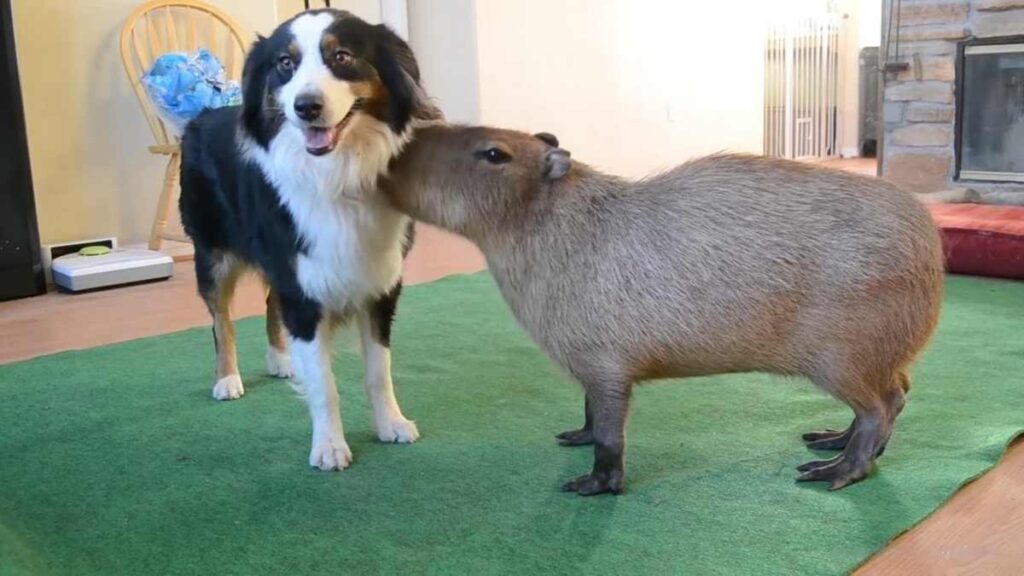
![Capybara Meat And Its Culinary Uses - [Every You Should Know] Capybara Meat & Culinary Uses](https://capybaratips.com/wp-content/uploads/2023/03/Capybara-meat-250x200.webp)
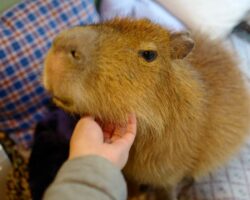
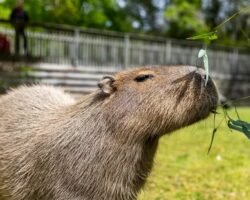
![How To Get A Capybara In China [Steps By Steps] China-Capybara](https://capybaratips.com/wp-content/uploads/2023/03/China-Capybara-250x200.webp)
![Where Can I Buy a Capybara Near Me? - [Recommended] Where Can I Buy a Capybara Near Me](https://capybaratips.com/wp-content/uploads/2023/03/Near-Me-250x200.webp)
![How To Get a Pet Capybara Uk [Step By Step] How To Get a Pet Capybara Uk](https://capybaratips.com/wp-content/uploads/2023/03/Uk-Capybara-250x200.webp)
